This Forum provides an integrated platform to promote research, monitoring, training and enhanced understanding of the effects of environmental (single or preferably multiple) stressors, both natural and anthropogenic, on aquatic organisms and communities.
Investigations into stressor impacts range from empirical through to restoration and governance perspectives. The Forum is a centre for dialogue and networking and offers expertise, collaboration and advice.
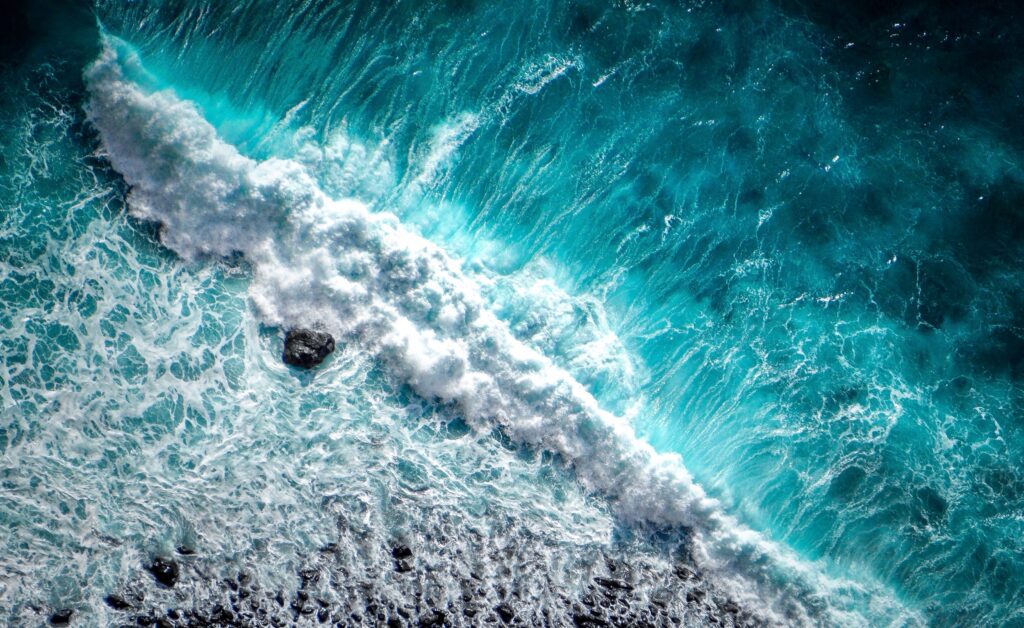
Environmental stressors include any physical, chemical or biological factor that negatively impact organisms at individual, population, community or ecosystem levels. The range of possible aquatic stressors encompass chemical (incl. oil and oilfield relates, nanoparticles, microplastics and litter), noise, electrical and light pollution as well as climate change-related parameters, such as water temperature, pH and salinity, furthermore fishery and changes in species interactions, such as predation and resource competition. Our knowledge of whether and how different stressors interact is minimal, which is a major obstacle to adequately considering multiple stressors in routine environmental risk assessments.
MASTS Annual Science Meeting 2023, Glasgow – Special Session on “Multiple Aquatic Stressors”
Take a look at last year’s conference abstracts here!
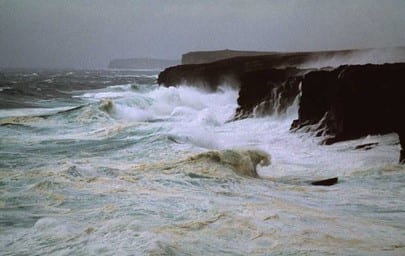
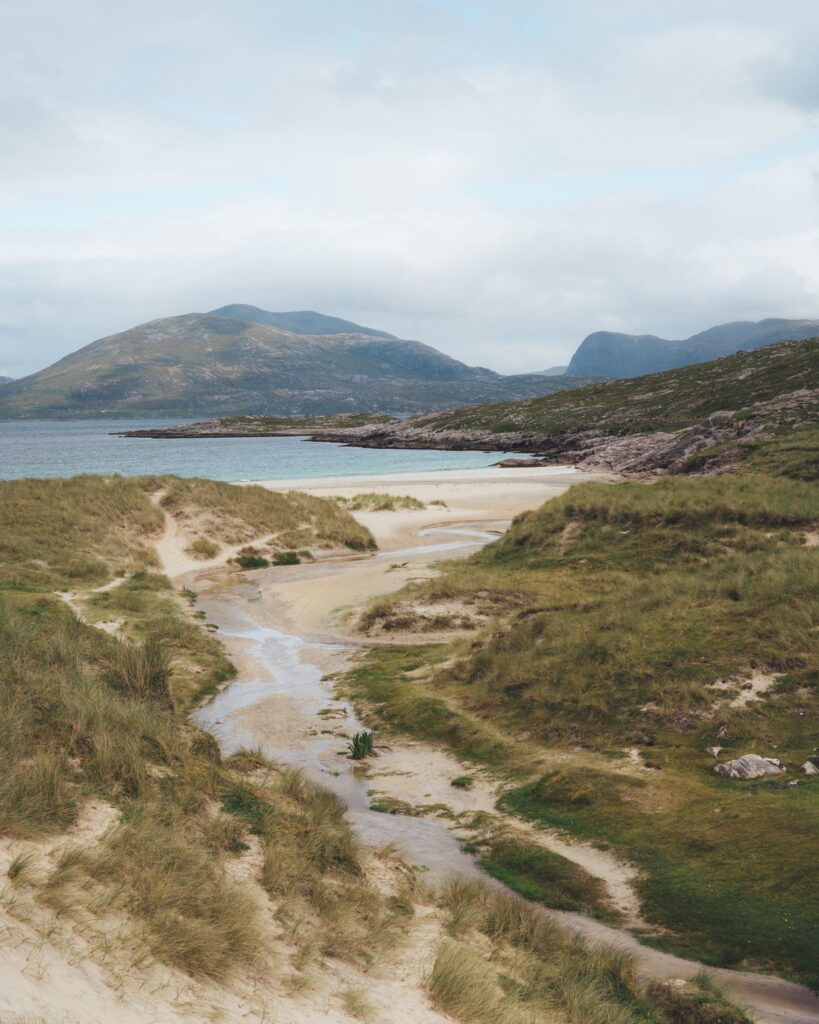
Frances Orton
– Heriot-Watt University
Associate Professor | School of Energy, Geoscience, Infrastructure and Society
Interests: Freshwater (FW) ecotoxicology & protection of FW biota from threatening processes | Use of environmentally realistic exposure scenarios
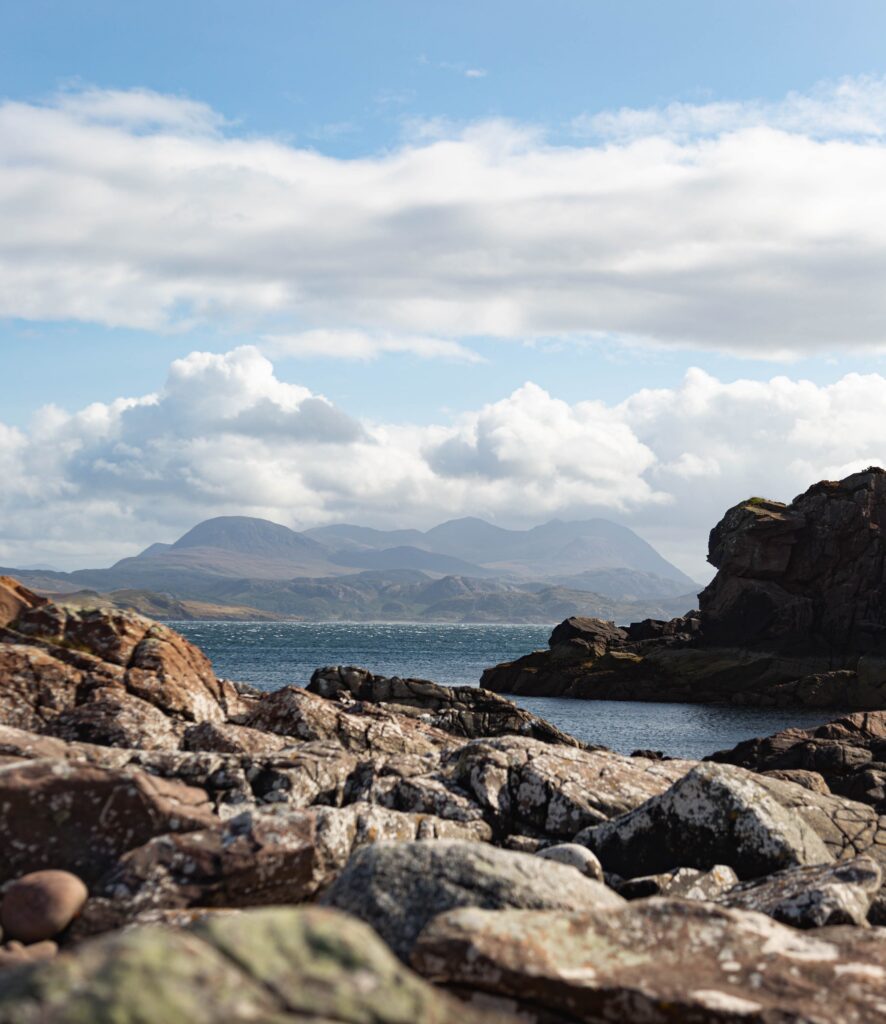
Karen Diele
– Edinburgh Napier University
Professor of Marine Ecology | Head of the ENU Centre for Conservation and Restoration Science (CCRS)
Interests: Coastal ecosystems | Benthic marine invertebrates | Responses to environmental change
Catriona Harris (University of St Andrews), Hannah Anderson (Marine Directorate), Mark Hartl (Heriot-Watt University), Matthew Wale (Edinburgh Napier University) and Sinead Collins (University of Edinburgh).

MASTS was founded in 2009 to be a unique collaboration between marine research organisations, government and industry.
Charity Number: SC045259
Company Number: SC485726


We’re working behind the scenes to bring you a suite of useful, and updateable, resources including:
If you would like to be updated when the resources section is live please let us know.